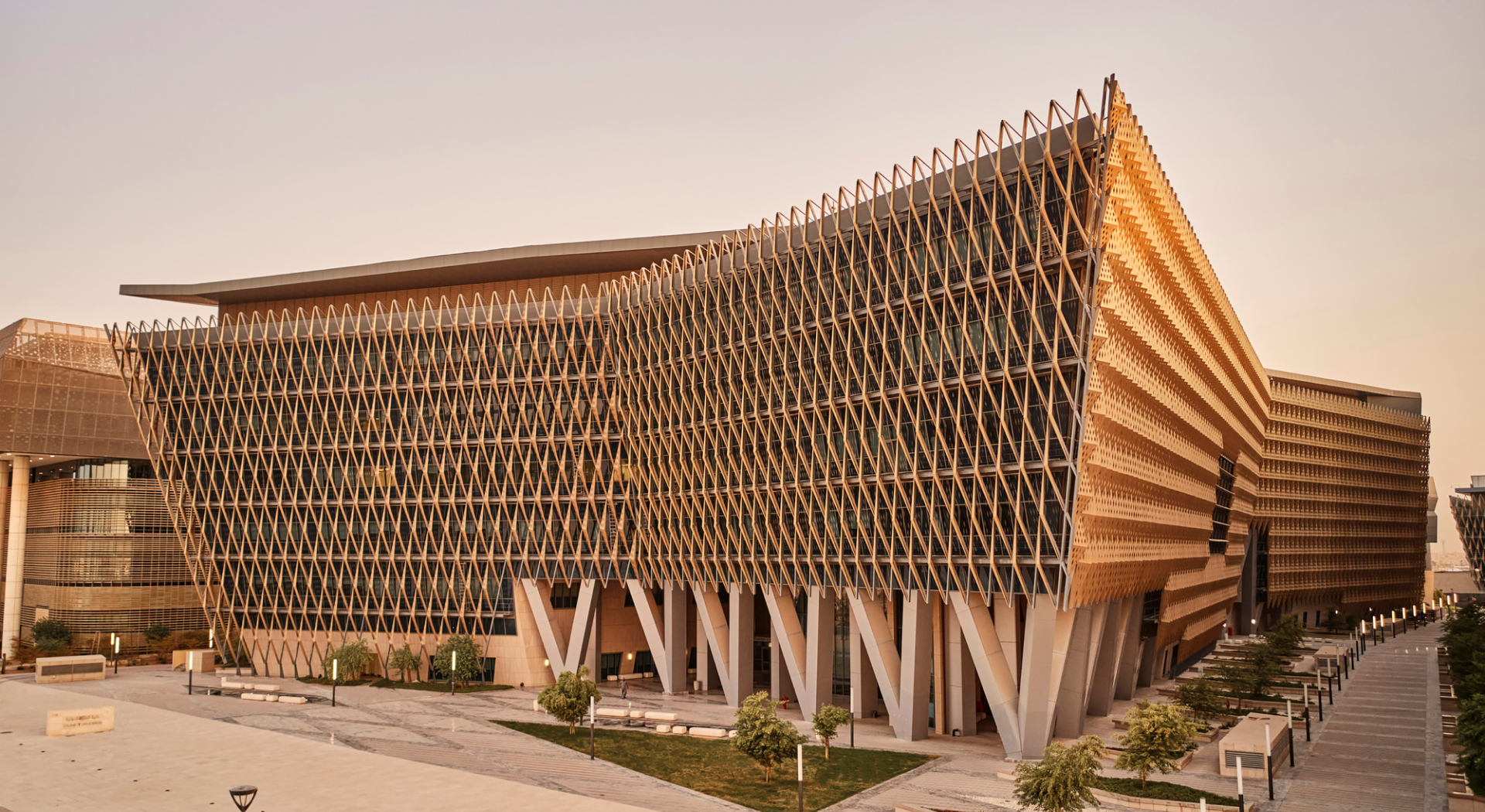
Within the framework of enhancing the cooperation between Kuwait University, the Emirates Space Agency and the scientific bodies in the State of Kuwait, Kuwait University organized, under the patronage and presence of the University President, Prof. Hussein Al Ansari, a lecture entitled “Emirates Space Program from Dream to Reality” given by Dr. Mohammed Nasser Al Ahbabi, Director General of UAE Space Agency. The lecture was attended by His Excellency the Ambassador of the United Arab Emirates in Kuwait, Saqer Nasser Al-Raisi, and from the Ministry of Defense: Colonel / Dr. Ahmed Taleb Al-Kandari, Head of the Department of Armaments and Maritime Development on behalf of the Chief of Staff, Lt. Gen. Mohammad Khalid Al-Khidr, the leaders of Kuwait University, faculty members and a number of students on Monday morning at Khalidiya campus.
Dr. Hala AlJassar from the Department of Physics at the College of Science, began her speech by welcome the dear guests. Then she talked about the National Project of the Kuwaiti Satellite. Dr. AlJassar stated that the project comes with the support of the Kuwait Foundation for the Advancement of Science (KFAS) and aims to enhance the capabilities of students and youth in contributing to scientific development, especially space science. She pointed out that this national project is with the participation of Kuwait University, the Institute of Scientific Research and the American University in Kuwait as well as in cooperation with regional bodies, the Emirates Space Agency and Mohammed bin Rashid Space Center in addition to international scientific bodies.
in turn, Dr. Mohammed Al Ahbabi, Director General of the Emirates Space Agency, spoke during the lecture about the benefits of space, which provides new and inspiring privileges for countries and advanced knowledge that contribute to the service of societies in the strategic, scientific, economic and community aspects that serve the whole of humanity.
Dr. Al Ahbabi declared that the UAE Space Agency launched in 2014 with great ambitions, bringing with it the hopes and dreams of the Arab world to restore the glories of ancestors in the knowledge of astronomy and space. Those who aspired to sky and stars, and laid the scientific foundations and astronomical charts adopted by the scientific and space community today in exploratory missions to find out the mysteries of the universe and what it holds for us in its history and future.
Dr. Al-Ahbabi pointed out that the "Hope Mars Mission" project is the hope of Arabs and Muslims to achieve space achievement with a global character, a prominent contribution to the international actions to explore this planet, which has perplexed scientists since its discovery several centuries ago. It is the basis of the Mars 2117 project to build the first human settlement on the red planet, He pointed out that the probe will launch in its mission in 2020, and is scheduled to reach Mars by 2021, coinciding with the fiftieth anniversary of the establishment of the United Arab Emirates.
He acknowledged that the objectives of the mission are to build Emirati human resources of high efficiency in the field of space technology, and to develop knowledge and scientific research and space applications that benefit mankind. One of the goals of this mission is not only to reveal the secrets of the planet, but also to make a real positive impact in all sectors related to science, technology, engineering and mathematics. In addition to establishing a sustainable knowledge-based economy, promoting diversification, encouraging innovation, and elevating the UAE's position in the space race to expand the benefits. Also to strengthen the UAE's efforts in the field of scientific discoveries and establish international partnerships in the space sector to enhance the UAE's position.
Dr. Al-Ahbabi explained that The United Arab Emirates, through the Emirates Space Agency and Mohammed Bin Rashid Space Center, is currently working on three main axes in pursuit of the objectives of the development of the space technology sector in the region: scientific research and development of outer space applications, the manufacture of satellites and systems development, and monitoring Globe by broadcasting high-quality satellite imagery.
Dr. Al-Hababi talked about the Astronaut Hazza Al-Mansouri's journey, who was chosen in 2018 from among the 4,000 applicants from both genders within the Emirates Astronaut Program, and trained to make a trip to the International Space Station, will conduct 16 scientific experiments in various areas, including disorders in motor activity, and fluid dynamics in space, Imaging, cognition, cardiovascular system and bone condition indicators, this journey took 6 hours to reach and dock with the space station.
In the field of enhancing UAE-Kuwait space cooperation, ESA strives to support and participate in the activities and events of Kuwait University in the field of space. In addition to discussing the agreement of Kuwait University to the membership of the International Maritime Federation as a representative of the academic sector, and support the hosting of a group of outstanding students of Kuwait University to study in universities specialized in space science and research, in order to share knowledge and support projects related to the manufacture of satellites through bilateral coordination between the UAE and Kuwait in relation to the activities of the Arab Space Cooperation Group.
Within the program of hosting the Director of the Emirates Space Agency Dr. Mohammed Al Ahbabi a visit to the Innovation Center at Kuwait University, the College of Science, and the College of Engineering and Petroleum at the Sabah Al-Salem University Campus was organized. It is worth mentioning that the Innovation Center was established through the cooperation protocol signed between the University and the National Committee for the Support of Education, which is considered as a tool that contributes to the promotion of a culture of innovation and the consolidation of its practice among all, and create an attractive environment supportive of ideas and initiatives for members of the university family of faculty members, staff and students.


 Colored
Colored Grayscale
Grayscale

